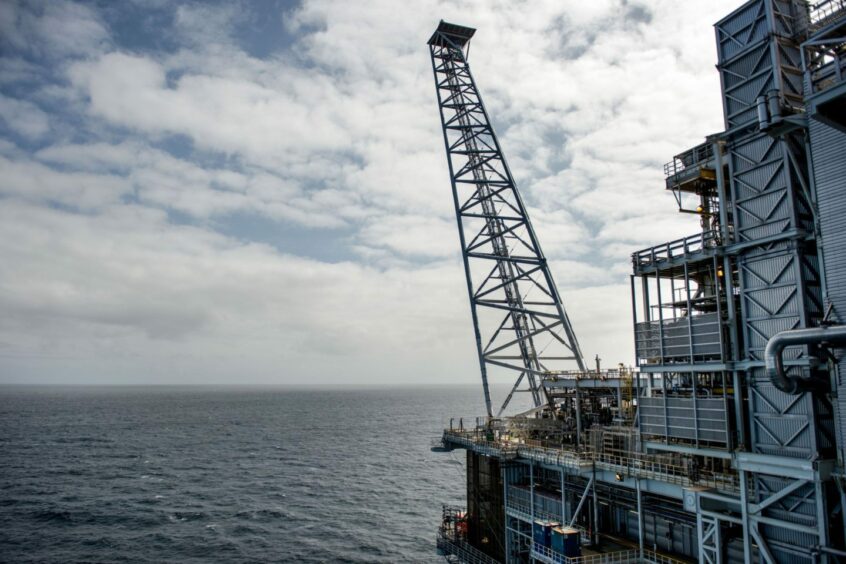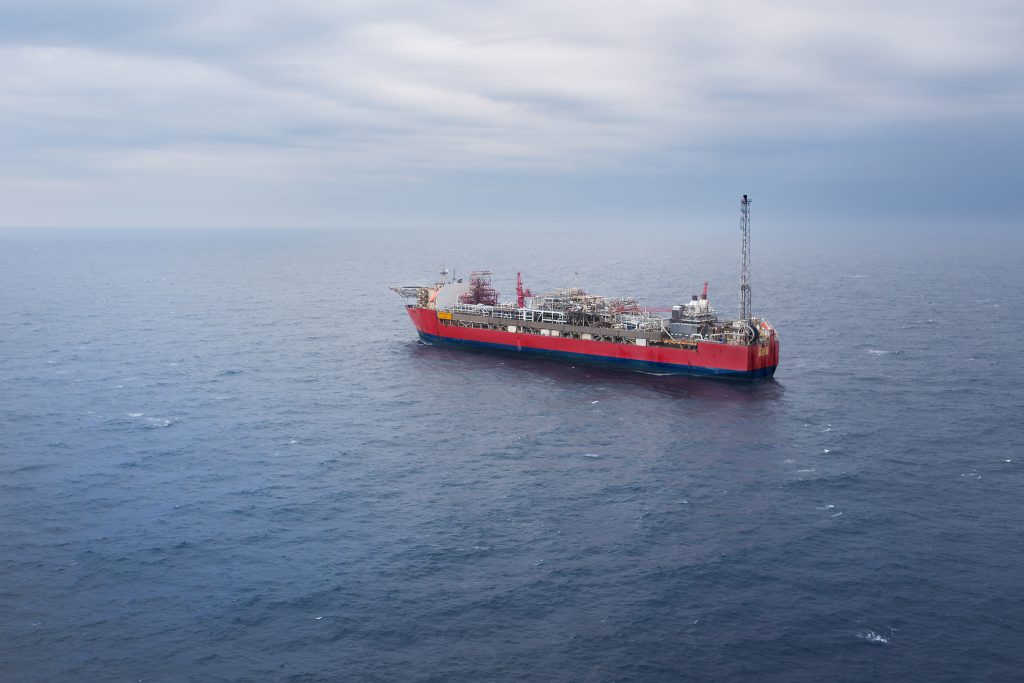
Norwegian energy giant, Equinor, announced a new oil and gas discovery in the North Sea, near the Troll field.
Named the Røver Sør, this marks the seventh discovery in the area since 2019, with an estimated reserve of between 17 and 47 million barrels of recoverable oil equivalent, of which the majority is oil.
The two exploration wells were drilled by the Transocean Spitsbergen rig.
Located in the Norwegian North Sea, the licence is owned by Equinor in collaboration with project partners DNO, Wellesley Petroleum and Petoro.
Geir Sørtveit, Equinor’s senior vice president for exploration and production west operations, said: “Discoveries close to existing infrastructure are important to maintain oil and gas production from the Norwegian continental shelf.
“They need smaller volumes to be profitable and can be put on stream quickly with low carbon emissions.
“As this discovery is close to the Troll field and other discoveries we have made in the area, we can already now state that it will be commercial.”
The steady stream of discoveries in the area started with one in 2019 and another in 2020, with two discoveries made in 2021 and 2022.
There is uncertainty as to the size of the discoveries, but an average of the various estimates gives a total volume of around 350 million barrels of oil equivalent.
There is to be another exploration well, the Heisenberg, in the area, the results of which will be announced next month, and more exploration wells are planned near Troll throughout the year.
The Troll Field
The Troll Field accounts for 40% of total gas reserves on the Norwegian continental shelf.
The field consists of the main Troll East and Troll West structures in blocks 31/2, 31/3, 31/5 and 31/6 in the North Sea, located 40 miles west of Kollsnes, near Bergen.
On the field, Equinor operates the Troll A, B and C platforms and the area’s gas reservoirs 1,400 metres below sea level are expected to produce for at least another 70 years.
Last year the Norwegian government gave Equinor the go-ahead to increase production at a number of projects, including Troll, this came as a result of sanctions being levelled at Russia following its invasion of Ukraine.
Recommended for you

